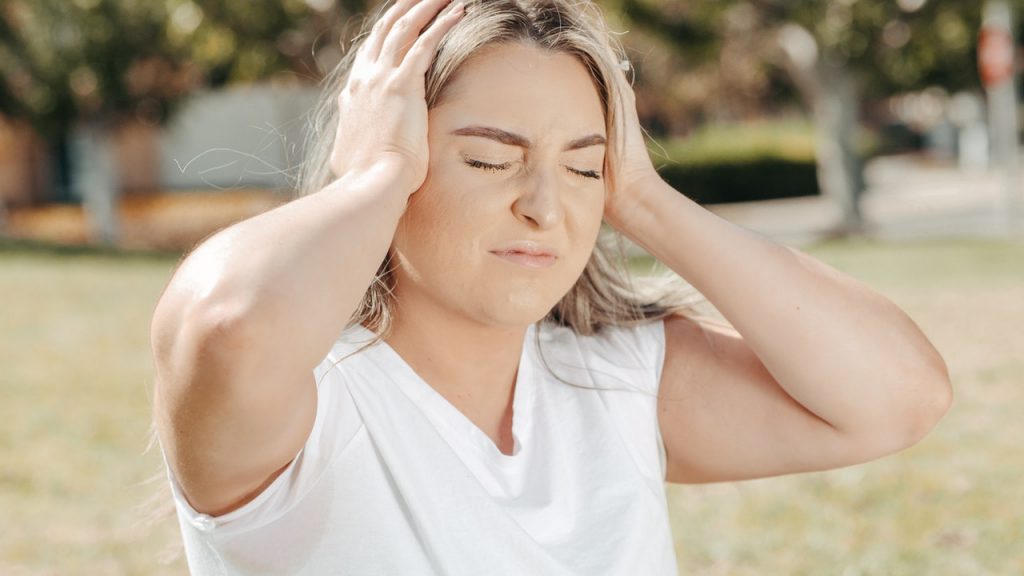
Without a doubt, your hearing health should be treated as an extremely important part of your overall health. As one of your senses, it’s hard to imagine what life is like without your hearing until it’s gone. Just as you would care for your vision, precautions and special consideration towards ear protection is just as important!
Contents
Why is Ear Protection So Important?
Protecting your hearing is so important because the damage is often permanent. Hearing is a delicate process, and once the sensitive hair-like structures in your inner ear are damaged, they can’t be repaired.
One of the biggest threats to these hair cells is very loud noise exceeding 85 decibels (dB). Noise induced hearing loss (NIHL) is irreversible and cumulative, so it’s really something that you want to avoid. Unfortunately it can often feel hard to avoid noise in the modern urban world.
Furthermore, many people also don’t pay their hearing any thought until it’s too late and the damage is already done. This is mainly because most individuals don’t experience symptoms of hearing loss and tinnitus until a threshold number of hair cells in the inner ear have been damaged.
As we’ve mentioned, hearing loss is cumulative, so every little bit of damage to your ears takes you one step closer to experiencing issues with your hearing. Often, the full effects of noise-damage aren’t felt until you’ve reached old age when this noise-induced hearing loss is compounded by age-related hearing loss.
Tinnitus

When you hear a very loud sound either in a short burst or for repeated long periods, it can cause damage to your inner ear, triggering a constant or intermittent ringing or buzzing sound called tinnitus.
While age-related and noise-induced hearing loss often occur down the line as you get older (although many types of hearing loss frequently occur at all ages), tinnitus often occurs more quickly after exposure to extremely loud noise and this might happen suddenly. It can come in bouts, but for many people, it never goes away.
Tinnitus can have a profound effect on your mental health as sufferers struggle to cope with the constant ringing sensation. As there is no cure for tinnitus, it’s not uncommon for people to burn out and develop stress and anxiety in their search for a solution. It’s important to understand that hearing health covers more than just general age-related hearing loss.
Hearing Protection is Not Just About Your Hearing
New studies are revealing that your TV’s volume won’t be the only thing affected by your hearing loss.
Depression, cognitive decline, and dementia are all shown to have connections to hearing loss as well! As we’re living longer, we want to make sure our hearing remains the best it can be well into our old age.
Ways to Protect Your Hearing

Although loud noise is all around us — on the roads, in our social venues, and coming from our headphones — it has never been easier to protect your hearing.
A huge range of different ear protection products are now available online and in stores offering you earplugs and earmuffs in a variety of different styles and fits designed for various activities.
When you’re around too much noise, you can also physically move away from the sound if you don’t have ear protection, stand far away from the source, or take breaks away from the noisy area.
When listening to music on audio devices, try to play the sound at a level that is up to 60 percent of the maximum noise limit on the device. Even playing your music slightly quieter than usual whenever you listen can make a big difference.
Some other ways to protect your hearing include having a healthy, active lifestyle, reducing your alcohol intake, and stopping smoking.
If you’re prescribed medications for ear infections, make sure you take them to prevent any damage from getting worse. If you notice a sudden loss of hearing, make sure you see a doctor as soon as possible.
When Should You See a Doctor?
If you’ve noticed that you’re having trouble hearing or have persistent ringing in your ears, make an appointment with your physician to get a hearing test. It’s important to treat any hearing loss (for example, with a hearing aid), as it can lead to balance and memory problems if left untreated.
If you’re experiencing difficulties with your hearing but you’re not sure whether it’s anything to worry about, why not take a preliminary online hearing test, such as the Olive Hearing Test? It only takes five minutes and gives you an instant indication as to whether you might need to make an appointment with an audiologist for comprehensive hearing testing.
Do keep in mind, however, that this is only a guide, does not constitute a medical diagnosis, and should not be used as a substitute for a professional in-person test.
The information in this guide has been written using the following reliable sources:
https://www.tinnitus.org.uk, https://caryaudiology.com, https://www.ata.org/








